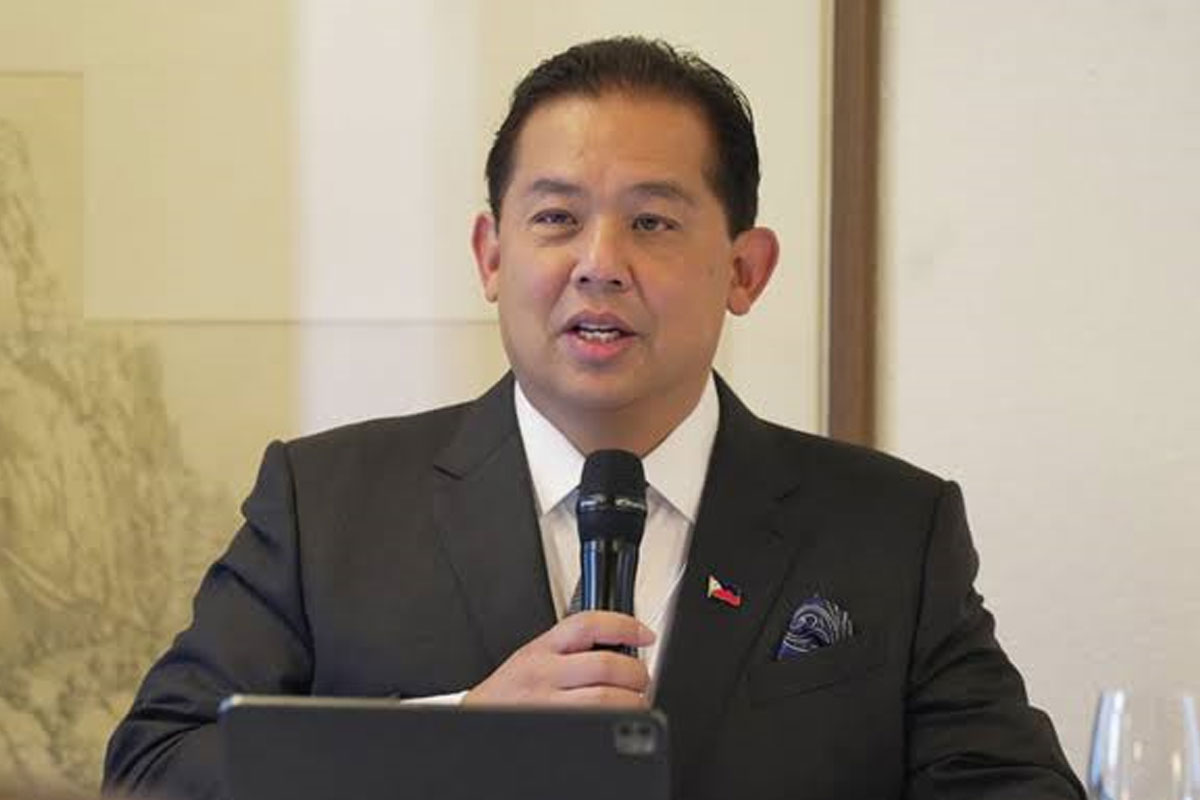
TRABAHO urges improved safety, training for workers following Isabela bridge collapse
FOLLOWING the recent collapse of the newly opened Sta. Maria-Cabagan Bridge in Isabela, TRABAHO Partylist has strongly called for enhanced safety measures for truck drivers and regular motorists. The incident highlights the vulnerabilities that workers, especially drivers, face while on the job.
The Isabela bridge collapse serves as a stark reminder of the potential dangers in the workplace, particularly for those in high-risk professions such as truck driving. TRABAHO Partylist spokesperson Atty. Mitchell-David L. Espiritu said their group recognizes the critical role that drivers play in the economy and the daily functioning of the country.
Atty. Espiritu emphasized how these workers, who transport goods and people across vast distances, are integral to commerce and the livelihood of many families.
However, truck drivers, along with regular motorists, are often exposed to unsafe working conditions, including poorly maintained infrastructure and inadequate training. This can lead to fatal accidents, placing a heavy burden on the workers and their families, he added.
In alignment with its agenda of promoting a dignified life for all workers, TRABAHO Partylist stresses the importance of enhancing road safety protocols, which include comprehensive training for all drivers.
“The recent initiative by the Department of Transportation, which requires bus and truck drivers in Metro Manila to undergo road safety courses starting in May, is a step forward,” illustrated Atty. Espiritu.
TRABAHO Partylist advocates for expanding this initiative nationwide to ensure that all workers, regardless of location, have the skills and knowledge to navigate the roads safely.
Atty. Espiritu also highlighted their commitment to eliminate “in-work poverty”, a condition where workers experience hardship despite being employed.
TRABAHO Partylist advocates for real living wages, which would ensure that truck drivers and other workers can earn enough to support their families and have access to essential needs.























